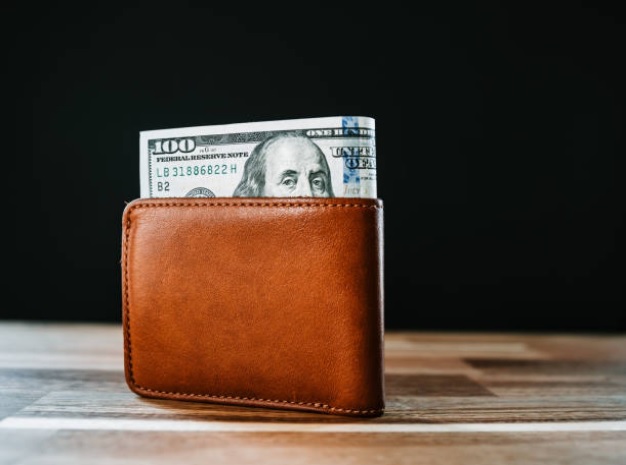New York City has followed the lead of Philadelphia, San Francisco and New Jersey in voting to prohibit restaurants and other retail businesses from refusing to accept cash payments from customers.
A ban on cashless operations was passed as expected, despite concerns voiced by the restaurant and retail industries. It is widely expected to be signed into law by Mayor Bill de Blasio.
Included in the measure were several other stipulations affecting restaurants. It forbids businesses from charging one price for cash transactions and a different one for credit card charges, a common though illegal practice at gas stations.
The bill also requires a business to print out upon request the amount of money that’s still available on cash-loaded cards such as gift or public subsidy cards.
In a concession to businesses that have already installed POS equipment for exclusively cashless transactions, the measure allows restaurants and retail shops to install machines for loading cash onto cards. The cards can then be used by customers who lack noncash methods of payment.
The requirements will go into effect roughly nine months after the measure is officially enacted. Violators will be subject to a fine of $US1,000 for a first violation and $US1,500 for every subsequent infraction.
Proponents of the ban had argued that many low-income New Yorkers can’t afford a credit card or mobile phone. Those individuals would in effect be unable to frequent businesses that refuse to accept cash.
“This critical bill will ensure everyone can shop or eat at any store in our city,” Stuart Appelbaum, President of the Retail, Wholesale and Department Store Union, said in a statement. “Thanks to the work of Council Member [and bill sponsor Ritchie] Torres and the entire New York City Council, this growing exclusionary practice will no longer be permitted in our city.”
Some advocates have cited the possibility that eliminating cash could lead to a proliferation of self-checkout stations that eliminate the need for cashiers, thereby killing some jobs.
A number of fast-casual restaurants and food shops have selectively adopted a no-cash payment policy in the expectation that transactions can be completed faster and more customers can be accommodated during peak business hours. They also argue that eliminating cash on hand lessons the chances of employees or customers being injured during robberies.
Source: RestaurantBusiness








